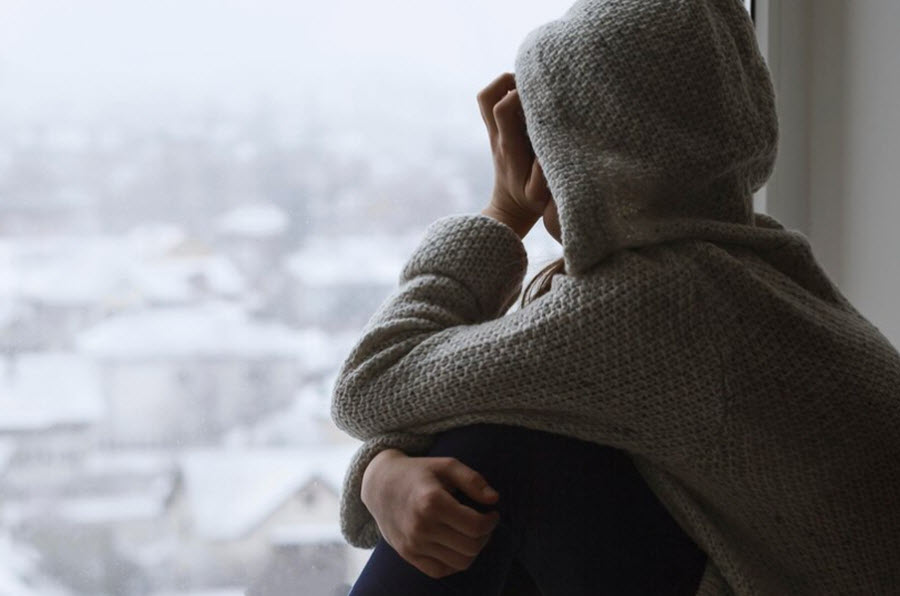Winter in New York City, with its chilly winds, frosty sidewalks, and early nightfall’s, creates a unique ambiance that can either be enchanting or emotionally challenging. For many, the arrival of winter brings more than just cold temperatures—it triggers a phenomenon known as Seasonal Affective Disorder (SAD), casting a shadow on the vibrant streets of the city that never sleeps.
The Quiet Battle Within
As the days grow shorter, individuals living in the bustling heart of NYC find themselves grappling with an invisible adversary: seasonal depression. The lack of sunlight and the constant grayness of the cityscape contribute to a palpable change in mood and energy levels. The winter blues settle in, affecting people from all walks of life.
Unraveling the Complexities
Understanding seasonal depression involves delving into the intricacies of its impact on mental health. The reduced exposure to natural light disrupts circadian rhythms, leading to changes in sleep patterns and a persistent sense of fatigue. The serotonin and melatonin levels in the brain are also influenced by the decreased sunlight, contributing to mood imbalances and the characteristic symptoms of SAD.
Navigating the Concrete Jungle’s Emotional Terrain
For those living in the heart of the concrete jungle, the challenges of seasonal depression can be intensified. The fast-paced lifestyle of NYC, coupled with the demands of work and social obligations, can make it difficult for individuals to prioritize their mental well-being. Navigating through the winter blues in such a dynamic environment requires a blend of self-awareness and proactive coping strategies.
Strategies for Resilience
- Light Therapy: Incorporating light therapy into daily routines can mitigate the effects of reduced sunlight exposure. Simulating natural light through specialized lamps has shown positive results in alleviating symptoms of SAD.
- Physical Activity: Engaging in regular physical activity has been proven to boost mood and reduce symptoms of depression. Whether it’s a brisk walk in Central Park or a fitness class in a local gym, staying active can be a powerful antidote to winter blues.
- Social Connection: The social fabric of NYC provides ample opportunities for connection. Building and maintaining relationships, even in the cold months, can provide much-needed emotional support.
- Mindfulness and Therapy: Practicing mindfulness techniques and seeking professional therapy are invaluable tools in managing seasonal depression. Mindfulness helps individuals stay present, while therapy offers a safe space to explore and address the underlying causes of their emotional struggles.
Resilient Mind Psychotherapy in Brooklyn, NY
In the midst of the winter blues, finding a supportive and understanding space is crucial. At Resilient Mind Psychotherapy in Brooklyn, NY, we recognize the impact that anxiety and seasonal depression can have on individuals and their loved ones. Our team of highly skilled therapists specializes in treating a wide range of anxiety problems, including Seasonal Affective Disorder.
We understand that mental health is a personal journey, and our approach involves offering thorough and individualized therapy to people of all age groups. If you or someone you care about is experiencing difficulties with depression or anxiety, know that you are not alone. Resilient Mind Psychotherapy is here to assist you on your path to emotional well-being.
Navigating the winter blues in the heart of NYC requires resilience, and with the right support, individuals can emerge from the season with a renewed sense of strength and well-being.


